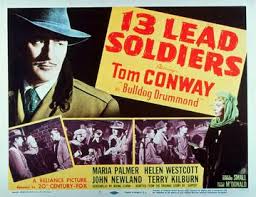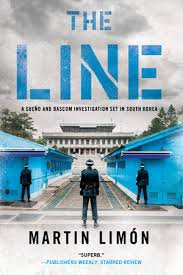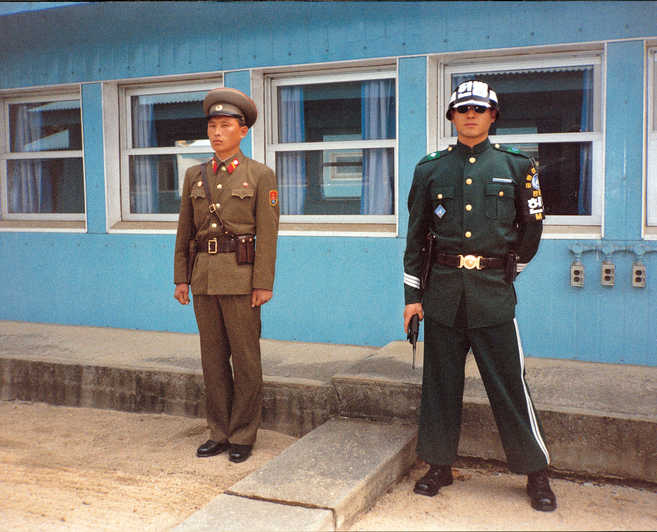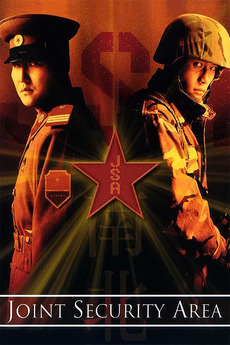Goodreads meta-data is 360 pages, rated 3.4 by 104 litizens.
Genre: chick phil

Verdict: More Voltaire!
Harassed, transplanted mother of three and aspiring novelist caught in a maelstrom of home renovations in an alpine village where school girl French is no match for the Vaudois accent is going spare while husband and father commutes long distances and works longer hours in Geneva saving the world for a Red Cross agency. She is close to breaking when….
Then one Saturday morning in mid-catastrophe of sick children, kaput hot water heater, overnight blizzard, absent husband, an oddly dressed chap appears in the house and who speaks a stilted English and reassures her all is well. She finds that strangely comforting until she realises he is not the doctor in fancy dress come to see her children and that no one else can see him. So it begins.
Misses is well schooled in Topper films and The Ghost and Mrs Muir and knows what not to do – no blurting, no blabbing. Disconcerting though the apparition is, he translates the Vaudois patois into English for her, much to the shock of some of the workmen lounging around the house on the pretext of repairing something. That jolt pleases her no end and she cuts the apparition slack.
Thereafter her visible invisible man is ever present, and he wastes no time in letting her know he is V O L T A I R E and is SHOCKED to learn that she has never read a one of his innumerable works and countless words. Pas un mot! Incroyable! To placate him she sits him down at the PC to read his Wikipedia entry which he begins to edit. They have bonded into the odd couple in this journey.
The author wisely does not try to explain everything in the interest of keeping up the momentum. Where did de V come from? Why is he there? How does she keep from blurting out his presence? How is it that his ectoplasm can strike letters on the keyboard but nothing else, and why does it react so strongly to the smell of coffee? De V adjusts quickly to some things like Wikipedia and he is flummoxed by others like doors. Though the author cannot forbear a tedious backstory. Too bad. That certainly brings the momentum to a halt.
Indeed at halfway through the backstories of the author – boring! – supplants V. That is a fatal error. Her backstories of drunken and lecherous journalists are as dull as the ideological prose such hacks regurgitate everyday. If I wanted to keep up with such twits I could read the Australian newspaper, if it could be delivered to my remote fastness.
Although I did find arresting her story of the effort of an African president, while being interviewed, to rape her as he denounced humanitarian imperialism. She had wanted to question him about the murder of international aid workers in his country. Then she understood why he only granted exclusive interviews to women. Something the hacks had figured out long ago, but did not bother to pass along. Such is the sport. Fortunately the president was a smoker and a heavy ashtray came to hand.
‘Humanitarian imperialism,’ a quick check with Professor Google confirms, is much denounced by PhDs. More than thirty thousand hits on books, articles, symposia, and op-eds from the learned. Nothing surfaced about either rape or murder as the antidote to this scourge.
Back to Vaudois, also amusing was the temerity of the newcomers to question Swiss Rail when a minor accident occurs at the local train station. The incomers raise the question of procedure in rail safety, and a stunned silence follows. No one questions Swiss Federal Railways (SFR, SBB, CFF, FFS, or VFS) by any of its many names. To do so is worse than swearing in church. Gasp!

Once an American tourist opened a window on stuffy street car in Zurich and the whole coach load of chattering passengers who had been fanning themselves fell into an astonished silence, shocked that anyone would take such a liberty without seeking written permission from the Federal Council.





